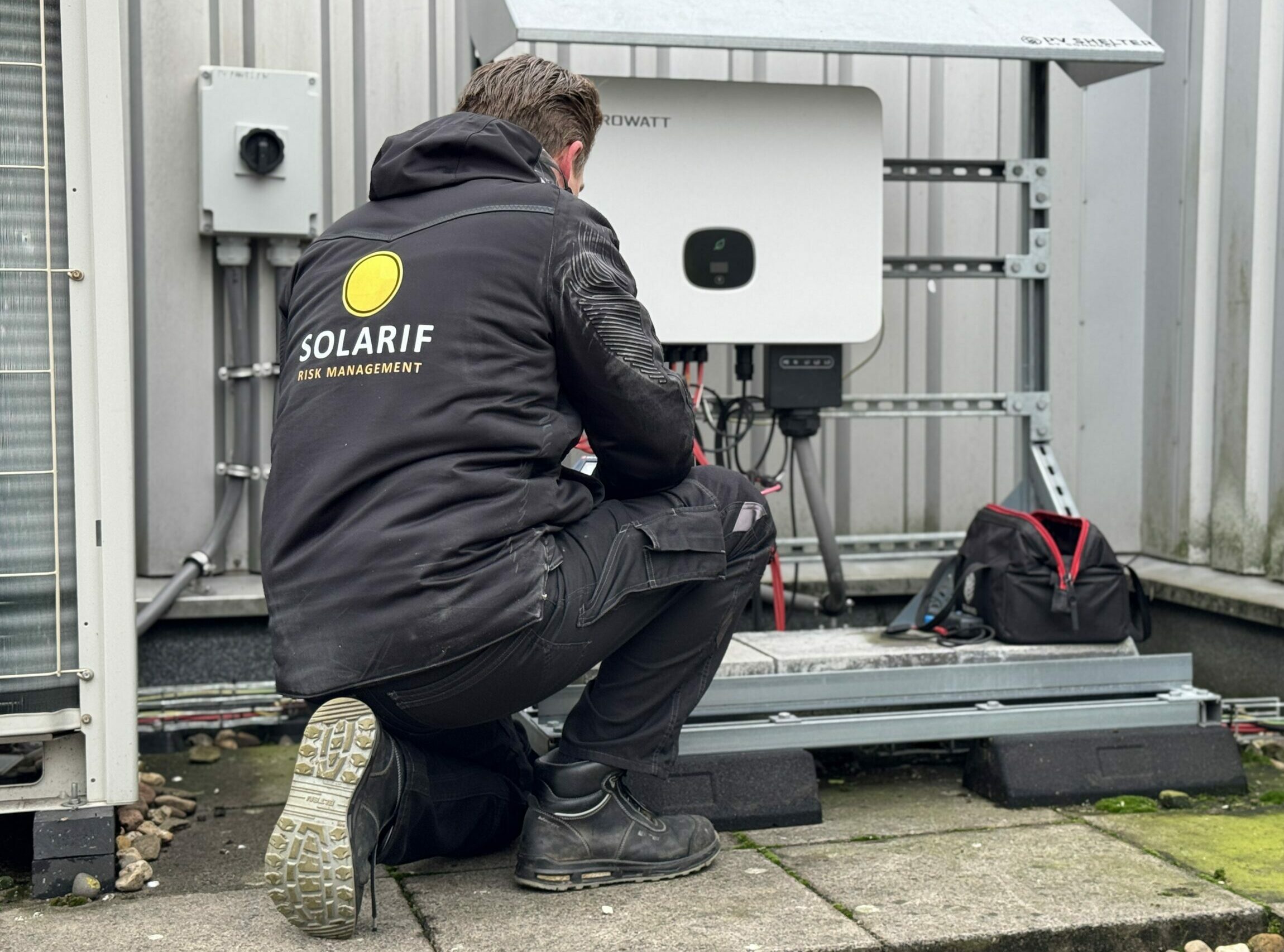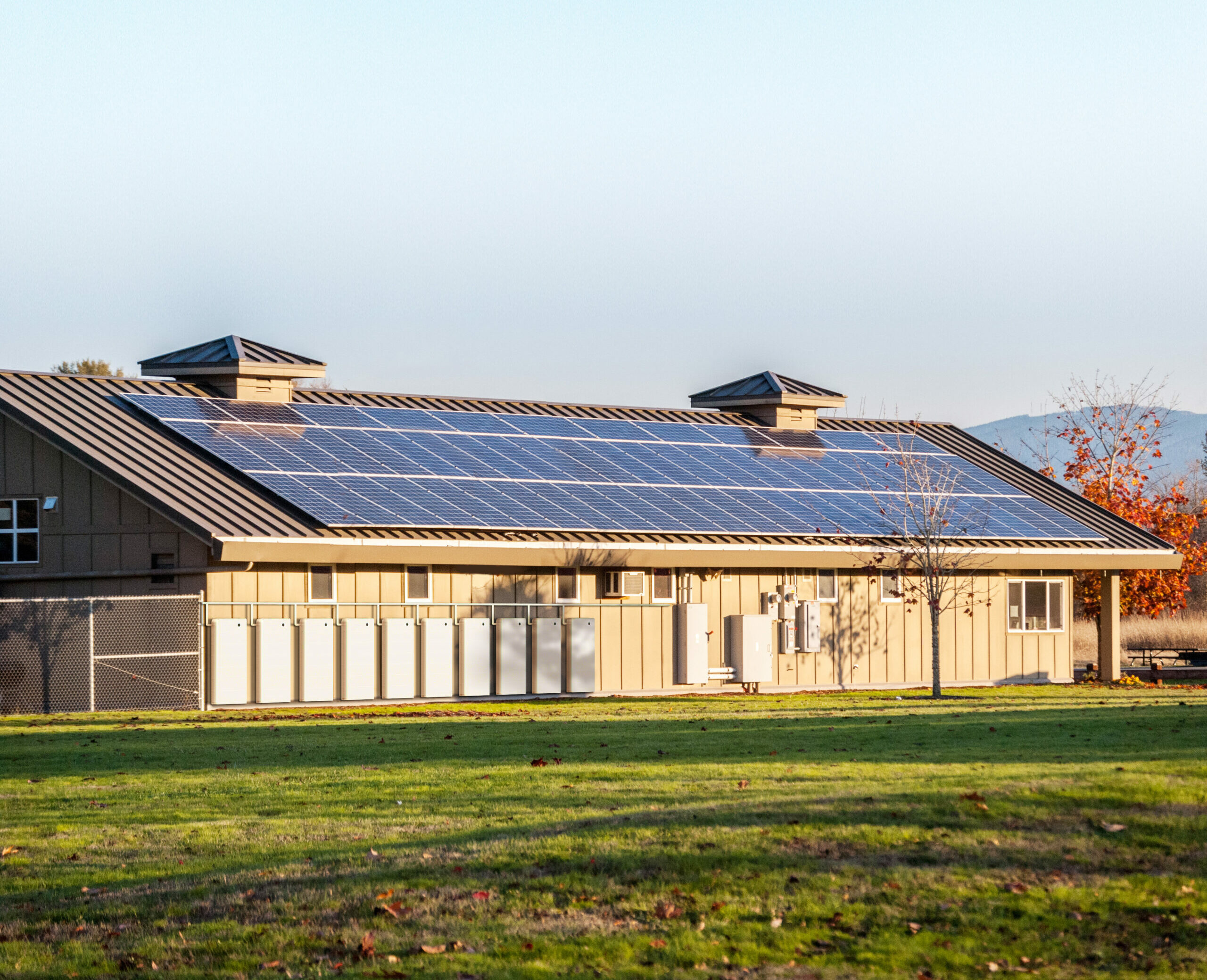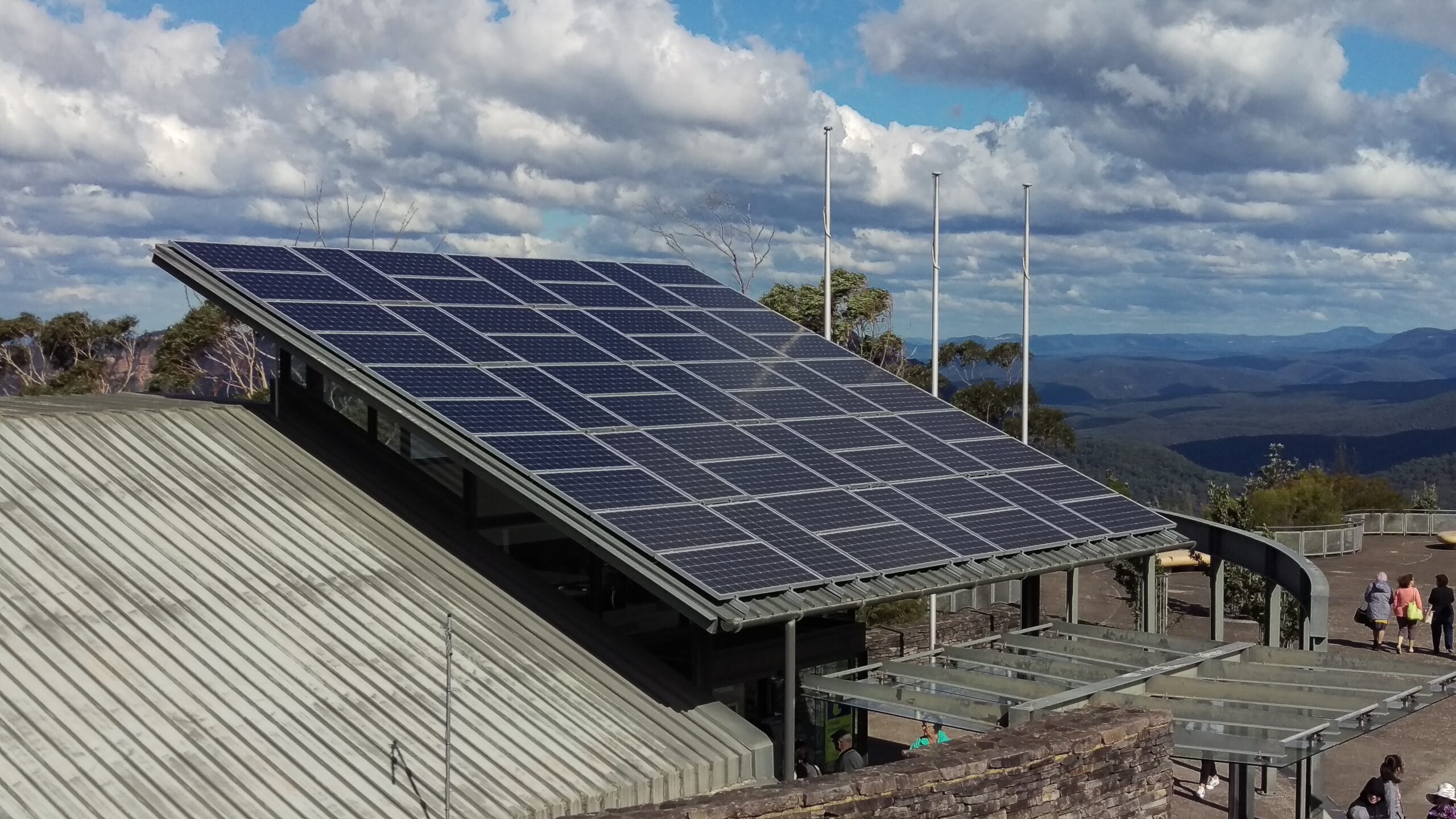Key cost factors for Scope 12 inspections
The cost of a Scope 12 inspection for commercial solar installations typically depends on five key factors: system size, installation complexity, geographical location, site accessibility, and documentation readiness. Larger systems with higher capacity generally require more extensive inspection time, while complex installations with multiple inverters or unusual configurations can increase costs too. Travel distance for inspectors, site accessibility challenges, and the state of your technical documentation can all significantly impact the final price.

Understanding Scope 12 inspections for solar installations
Scope 12 inspections are comprehensive electrical safety and quality assessments specifically designed for commercial solar PV installations. These inspections verify that solar systems are installed according to industry standards and safety regulations, focusing primarily on fire safety and technical condition assessment. Conducted by SCIOS-certified inspectors, these evaluations follow specific standards including NEN 1010, NEN 3140, NEN EN IEC 62446-1, NEN EN IEC 61439, and SCIOS Technical Document 18.

What is a Scope 12 inspection and why is it required?
A Scope 12 inspection is a comprehensive evaluation of commercial solar installations that assesses electrical safety, installation quality, and compliance with industry standards. These inspections involve thorough examination of the physical installation, electrical connections, safety systems, and supporting documentation.
It’s important to clarify that Scope 12 inspections are not legally mandatory simply for having solar panels installed. However, they are required by insurance companies before providing coverage for commercial solar installations. Insurance providers mandate these inspections because they need verification that the solar system meets safety standards and poses minimal risks like fire hazard and electrical issues. Unsafe systems cannot be insured, making the Scope 12 certification a critical step in the insurance process for commercial solar projects.
What size and complexity factors affect Scope 12 inspection costs?
The physical scale and complexity of your solar installation directly impact Scope 12 inspection costs. Larger systems with higher capacity require more inspection time and resources, naturally increasing the price. The primary size-related factors include:
- System capacity (kWp) – larger systems generally mean more inspection time
- Number of panels – more panels require more extensive checking
- Number of inverters – multiple inverters increase inspection complexity and time
- Installation type (rooftop vs. ground-mounted) – different mounting systems require different inspection approaches
System complexity also significantly affects pricing. Unusual configurations or custom installations typically require more detailed inspection. For instance, systems with multiple string configurations, battery storage integration, or non-standard components will require additional inspection time and expertise, resulting in higher costs.

How does location impact the price of a Scope 12 inspection?
Geographical location and site accessibility are major cost determinants for Scope 12 inspections. The primary location-related factors affecting pricing include:
- Travel distance: inspectors typically charge more for remote locations
- Site accessibility: difficult-to-access installations require more time and sometimes specialised equipment
- Regional pricing variations – inspection costs may vary between different regions
Sites with challenging access requirements, such as high-rise buildings, remote rural locations, or installations requiring specialised access equipment, generally incur higher inspection costs. These accessibility challenges extend the time needed for inspection and may require additional safety measures or equipment rental, all of which contribute to the overall inspection pricing.
What documentation preparation affects Scope 12 inspection pricing?
The state of your technical documentation can significantly impact Scope 12 inspection costs. Well-organised and complete documentation streamlines the inspection process, potentially reducing the time required and lowering costs. Key documentation elements that affect pricing include:
- System schematics and electrical diagrams
- Component specifications and manuals
- Previous maintenance records
- Installation certificates and commissioning reports
- Structural calculations (for rooftop installations)
When documentation is incomplete, outdated, or poorly organised, inspectors need to spend additional time verifying system components and configurations, which increases labour costs.

Will a Scope 12 inspection reduce my insurance premiums?
No, a Scope 12 inspection will not reduce your insurance premiums. This is a common misconception in the industry. The reality is that Scope 12 inspections are mandatory requirements imposed by insurance companies before they will provide coverage for commercial solar installations. Rather than being a discount-generating option, these inspections are a prerequisite for insurance coverage.
Insurance companies require the Scope 12 certification to verify that solar installations meet safety standards and pose minimal risk. Without this certification, commercial solar installations cannot obtain insurance coverage at all. Think of the Scope 12 inspection as a threshold requirement rather than a premium-reducing benefit.
Key takeaways about Scope 12 inspection costs
When planning for a Scope 12 inspection, keep these essential points in mind:
- System size and complexity are primary cost drivers – larger and more complex installations cost more to inspect
- Location accessibility significantly impacts pricing – remote or difficult-to-access sites increase costs
- Well-prepared documentation can streamline the process and potentially reduce costs
- Scope 12 inspections are mandatory for insuring commercial solar installations but do not provide insurance discounts
- Working with experienced inspectors may cost more initially but can prevent costly remediation work later
Contact us today for an estimate for your project!
For the most accurate pricing, be prepared to provide detailed information about your system size, configuration, location, and existing documentation to receive the most accurate estimate. Early planning for Scope 12 certification in your project timeline can help avoid delays in obtaining insurance coverage for your commercial solar installation.
Protect your investment. We’ll help you comply with Scope 12 and secure the insurance coverage you need.
📧 Email: support@solarif.com
☎️ Phone: +31 (0)26 711 5050




